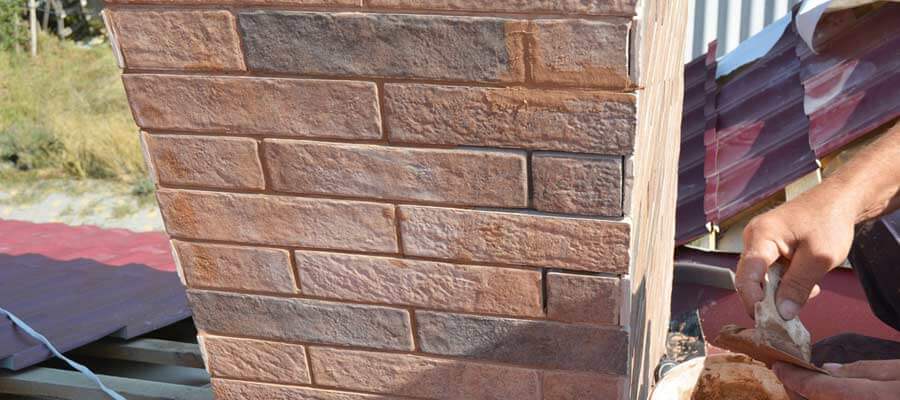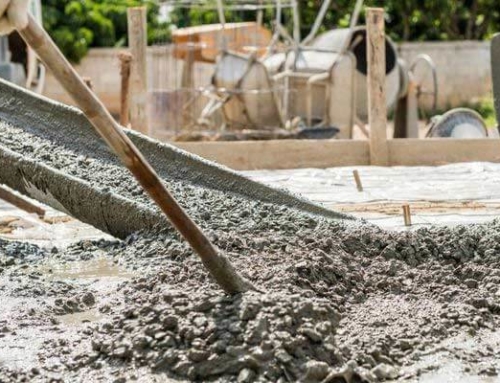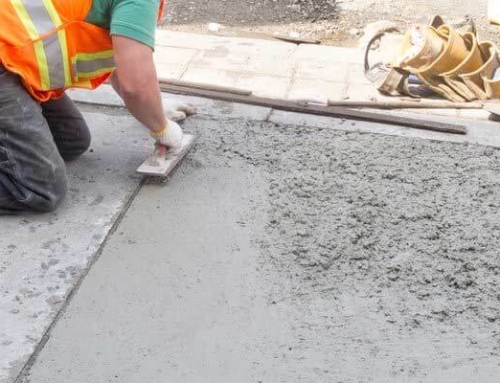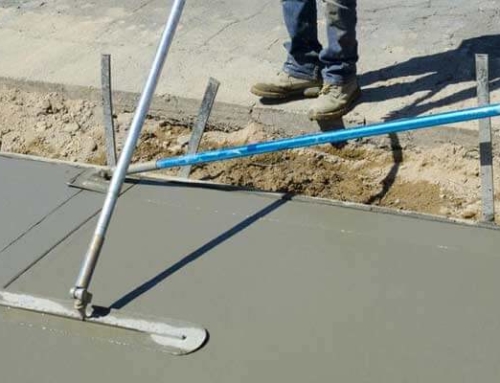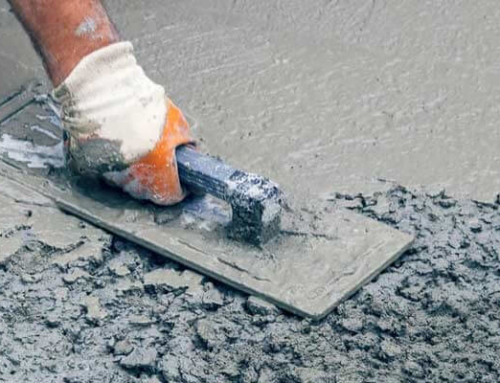We look at our homes every single day, but we don’t really pay attention to them. Brick wall repair is something that might be hard to pick up on if you just glance at your house on your way back home from work or the movies. Luckily, there are a couple of things that you can pay more attention to in order to identify the need for repairs to your brick wall(s).
Signs You Should Look into Brick Wall Repair
Bowing is often one of the most obvious signs you might want to call someone for brick wall repair. If you’re not sure what to look for, bowing means some of your bricks will have an inward or outward curve. Bowing is mostly due to moisture that crept behind the bricks. The damaged bricks will need to be removed and the wall rebuilt.
Finding white powder should be another alarming sign. This white powder is the result of moisture drawing out the salt from the bricks and mortar. First you’ll get a slimy white substance, and when it evaporates you’ll be left with white powder. The white powder in itself isn’t harmful or damaging, but it’s a sign of an underlying problem that often has to do with drainage and leaking pipes. Don’t disregard the white powder and call someone to come take a look at what’s leading to this excess moisture.
Naturally, cracks in a brick wall are easily identifiable, but sometimes ignored. Cracks usually occur at the corners of windows and might be of variable lengths. These cracks happen when the veneer’s system starts to break down. These systems are usually around windows because the headers of the windows need support. Failing to fix this problem in a timely manner will only lead to it getting worse.
Try to pay attention to mortar because it’s often the first to be affected when structural damage starts to affect your wall. Mortar is affected first because it’s much weaker than bricks. It’s made intentionally weaker because if it’s stronger then it’ll trap moisture leading to even more damage.
As you can already tell, moisture is terrible for walls and all of their components. Try to avoid moisture in your walls at all costs. This includes not neglecting any clogged drains or leaking pipes. The damage from these could be catastrophic over time. You could check and inspect your water heater every couple of months to make sure there are no leaks related to it too.
There’s no single way of identifying whether or not you need brick wall repairs. There are some signs to look for like bowing, cracking, white powder, and damaged mortar. Ultimately, you need to pay close attention to your property and its walls. Catching a problem early will lead to a quick brick wall repair job that won’t be too expensive. On the other hand, if the damage keeps progressing it’s going to take a lot more time and money to get it fixed.

